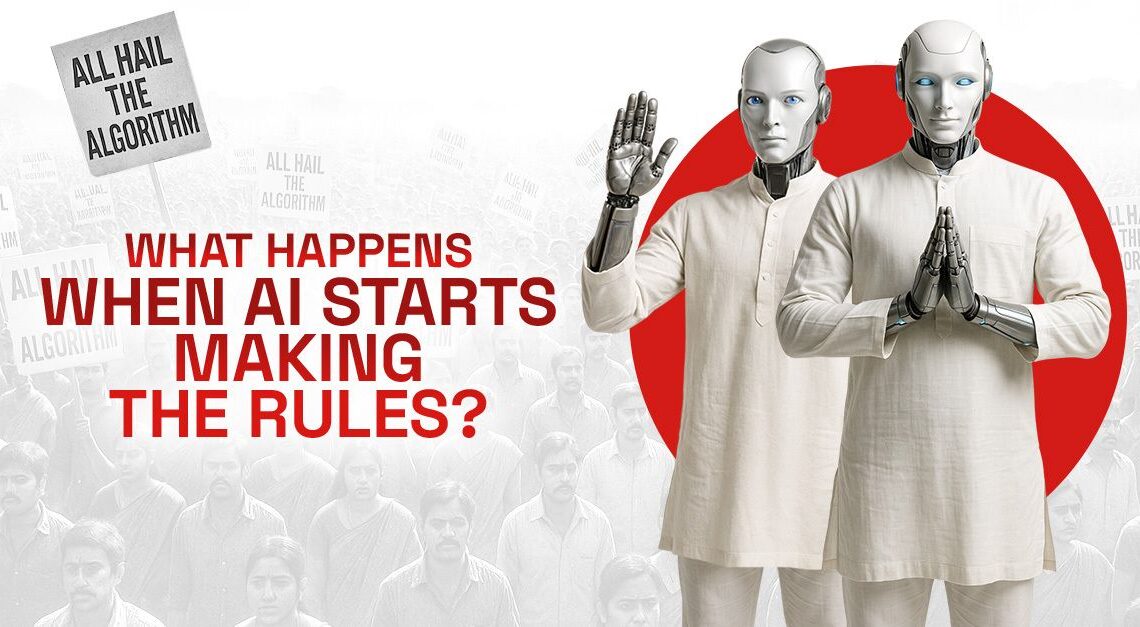
A few years ago, a policymaker asked me a question that sounded absurd at first:
“If AI could run the government better than humans, would people still want to vote?”
It stuck with me because the idea isn’t as far-fetched as it seems. AI doesn’t get tired, biased, or emotional—at least, not in the human sense. It can analyze countless variables, simulate outcomes, and select the most efficient solution. In theory, this sounds ideal. No corruption. No partisan politics. Just pure, optimal decision-making.
But here’s the catch: efficiency isn’t the same as freedom.
People don’t just want the “right” outcome; they want a voice in how that outcome is reached. Democracy isn’t just about results—it’s about participation, debate, and accountability. AI could, with surgical precision, decide who gets funding, healthcare, or education. But can it truly decide what’s fair? Can an algorithm weigh empathy, morality, and human values alongside logic and data?
The real challenge isn’t whether AI can govern better than humans—it’s how humans will govern with AI. The future won’t be machines replacing democracy. It will be us learning to integrate algorithmic insight without surrendering our agency.
AI can guide decisions, highlight patterns, and reduce inefficiency—but it can’t replace the messy, human part of governance that ensures voices are heard, perspectives are considered, and values are debated.
Progress shouldn’t come at the cost of participation. The question isn’t whether AI can run the government—but whether we are ready to govern alongside it, preserving both efficiency and freedom.


